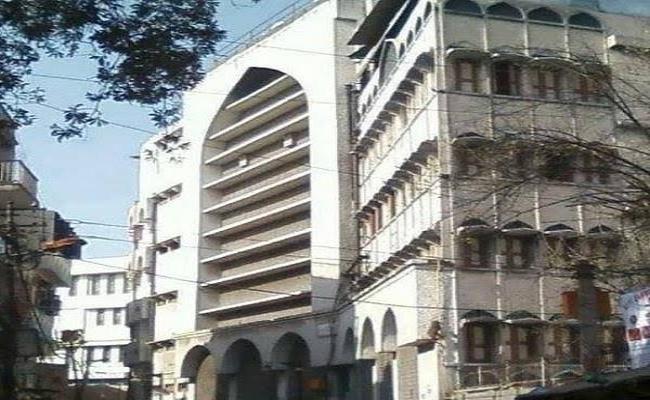Delhi High Court Allows Full Reopening Of Nizamuddin Markaz For Shab-E-Barat

Giving partial relief to the committee of Nizamuddin Markaz, the Delhi High Court on Wednesday permitted the reopening of 4 floors of Masjid Bangley Wali for special prayers on the Shab-e-Barat festival. The court has also removed limitations on the number of people who can offer prayers at the mosque. Earlier, the SHO had imposed certain conditions on the number of attendees for special prayers. The police in its order said only 100 people will be allowed on each floor.
This comes two days after Delhi Waqf Board had approached the court seeking full reopening of the mosque in view of the upcoming festivals of Shab-e-Barat and Ramzan and the High Court had directed the petitioner to file an application before the SHO concerned seeking their permission.
Delhi High Court allows full reopening of Nizamuddin Markaz mosque for Shab-e-Barat day
report by @prashantjha996 #DelhiHighCourt #nizamuddinmarkaz https://t.co/mt2r4ARS4Z
— Bar & Bench (@barandbench) March 16, 2022
Justice Manoj Kumar Ohri questioned the rationale behind limiting the number of devotees saying, "Whose guess work was it? Has there been a restriction on the number of people? Where is the order of restrictions on the number? Once they say that they will maintain Covid protocol, then it is fine. It should be left to the wisdom of the devotees."
"It's agreed that the management will ensure that while allowing the devotees on a particular floor, the Covid protocols and social distancing," the court said in its order.
Earlier, the Delhi Police allowed the Markaz committee to hold Shab-e-Barat prayers on four floors of Masjid Bangley Wali while limiting the number of devotees.The police order also prohibited the entry of foreigners during the reopening period.
The Markaz has remained shut since March 3, 2020, following a spurt in Covid positive cases on the premises. Masjid Bangley Wali or commonly known as Nizamuddin Markaz mosque was locked and public entry was prohibited after the alleged case of violation of Covid-19 norms.




